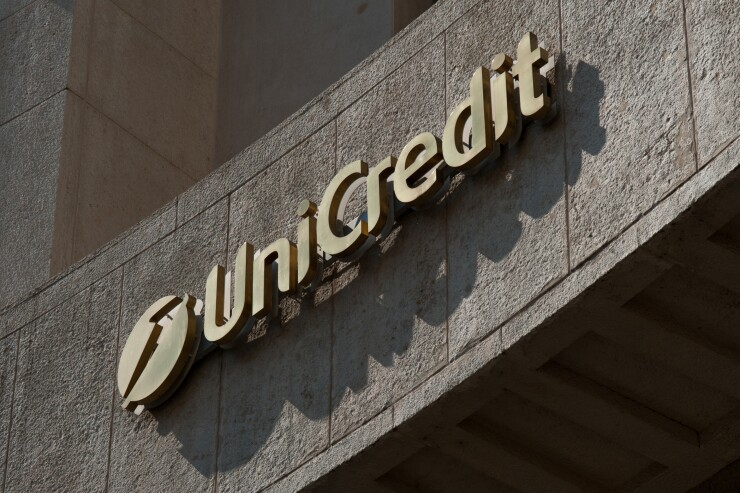Receiving Wide Coverage ...
More hacks
The Federal Bureau of Investigation is investigating whether the alleged Capital One hacker may have “successfully hit other targets,” including UniCredit, Italy’s largest bank. “In online chats on Slack reviewed by the Wall Street Journal,” the alleged hacker, Paige Thompson, “claimed to have access to a massive trove of data, including files that federal investigators had linked to the Capital One hack. The compressed UniCredit files were

If UniCredit was hacked,
Don’t count your chickens
Meanwhile, consumers who were hoping to cash in on Equifax’s recent offer to settle its massive 2017 hack shouldn’t spend their money just yet. The Federal Trade Commission said about 4.5 million people have visited its website since the settlement was announced last week, meaning that they probably won’t get nearly the $125 each they were hoping for. More like $7 each, assuming no more people apply.
That’s because the $700 million settlement “includes at least $300 million, with potentially up to $425 million, available for consumers affected by the breach. This money is intended to provide consumers with free credit monitoring or, if they already have credit monitoring in place, $125 cash as compensation for their time and money lost during the hack. Since only $31 million was allocated for these cash payments, spreading the amount among a large number of consumers would lower the amount of money those people who file claims could potentially receive.”
Tough quarter
Barclays’ second quarter earnings dropped 19% in the second quarter, to £1.03 billion from £1.28 billion a year earlier. “Bad loans were up 70% in the quarter, at £480 million from £283 million, while operating costs rose 6% to £3.5 billion. Barclays said the rise in impaired loans was because there wasn’t a repeat of last year’s stronger conditions in the period, which included the release of earlier provisions.”
Wall Street Journal
Curbing cash-outs
The Federal Housing Administration is
Financial Times
Nothing for money
UBS plans to charge a negative interest rate to wealthy clients who deposit more than two million Swiss francs, meaning they will
Different stories
BBVA said “strong interest income growth and the sale of non-performing and written-off loans” helped the Spanish bank
It was a different story at its $93.5 billion asset BBVA USA unit, where “higher deposit costs and a greater provision for loan losses ate into second-quarter earnings.”
Quotable
“There’s a downside to this unexpected number of claims. A large number of claims for cash instead of credit monitoring means only one thing: each person who takes the money option





